Stories about Diversity

We Asked, You Answered: How Do You Support Minority Mental Health Awareness Month?
We recently asked on social media, "How do you support mental health and suicide prevention among racial or ethnic groups that experience unjust treatment? Or, if you're a member of a racial or ethnic group that experiences unjust treatment, what helps when you’re having a tough time with mental health?"
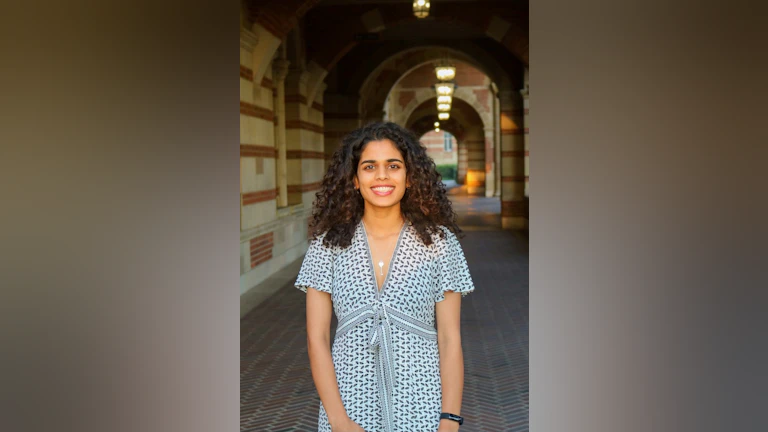
How Being Indian Shapes My Conversations About Mental Health
Being raised by immigrant parents shaped the conversations around mental health that we had as a family. I’m an Asian-Indian woman and mental health is not talked about openly in my culture. Mental health, as a concept overall, is generally seen as taboo.
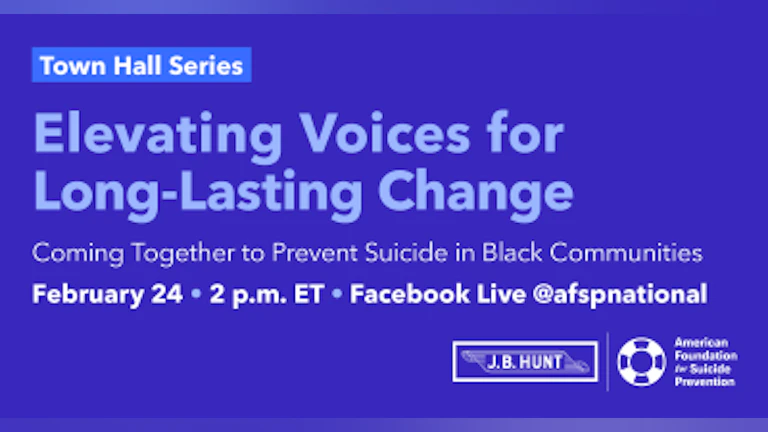
Coming Together to Prevent Suicide in Black Communities
Part of the American Foundation for Suicide Prevention’s Elevating Voices for Long-Lasting Change town hall series, which convenes leading experts in mental health and suicide prevention from diverse communities to improve public understanding of their range of experiences and support their unique needs.

Talking to Kids About Race and Mental Health: Six Tips
Conversations about race and racism leave many parents feeling ill-prepared. Such conversations are rarely easy, but are important. Below are six tips on how to talk to kids about race and mental health in ways that empower both you and your child.
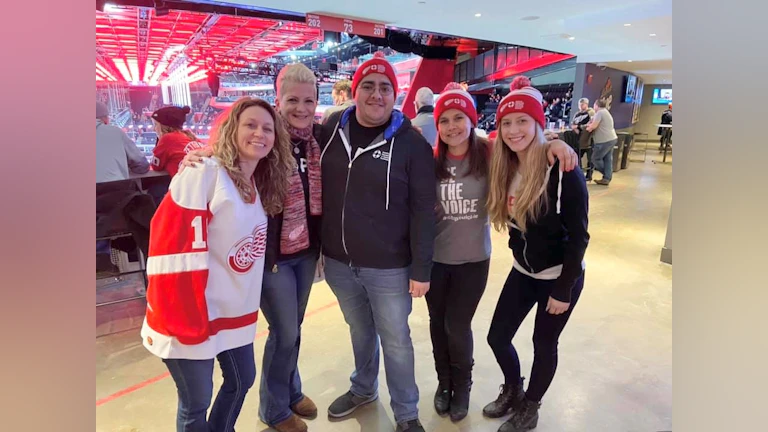
Putting the Unity in Community: The Perseverance of AFSP’s Volunteers
COVID-19 presented many challenges for our volunteers over the last year, and I find myself struggling to express my appreciation to the hundreds of volunteers in Michigan, and the thousands connected to local chapters across the country who helped us continue to save lives and bring hope to those affected by suicide.

Statement by Robert Gebbia, CEO from the American Foundation for Suicide Prevention
AFSP remains dedicated to addressing mental health and suicide prevention needs within underrepresented communities and we will continue to use our national platform to protect and support the mental health of the Asian American community.
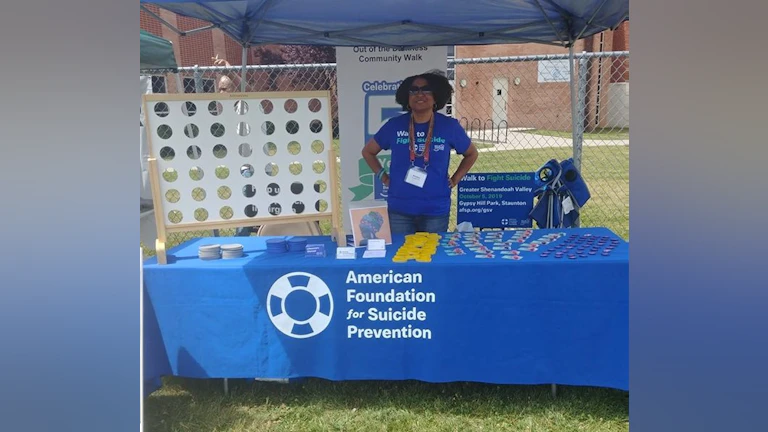
Unspoken Truths: Mental Health and the African American Community
I know there is a need for more understanding and openness around mental health in our community. How do we overcome this?

Spotlight Interview: A Conversation with Elyse Fox
Spotlight Interview: A Conversation with Elyse Fox

Responding to Racism and Mental Health Inequity
During this difficult time, AFSP remains dedicated to its mission of saving lives and bring hope to those affected by suicide – and to supporting one another, and standing together against intolerance.
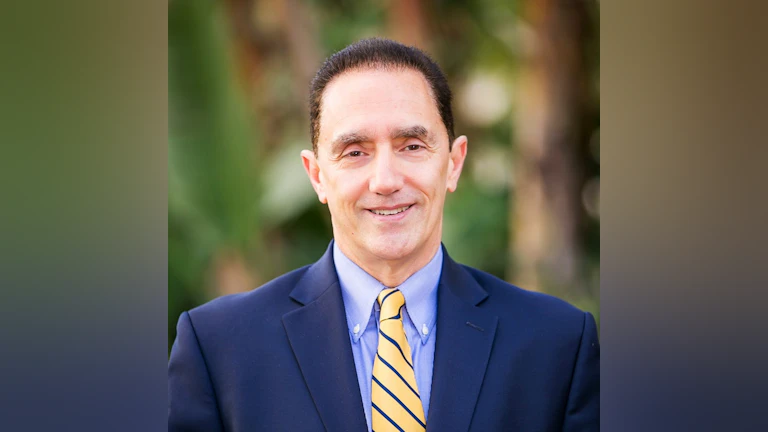
Diversity & Inclusion: A Message from AFSP’s Chief Executive Officer
AFSP is dedicated to a process of change knowing that long-term, sustained efforts are needed. Over the past month, the AFSP family has reflected on what we can do to affect positive change in diversity and inclusion.
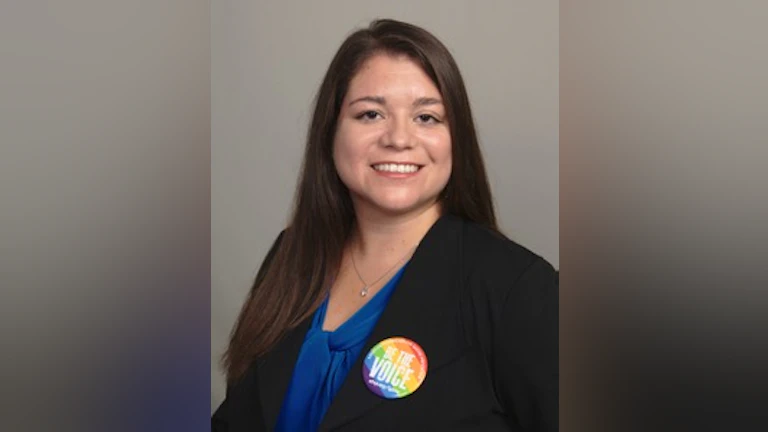
Mental Health and the Latinx Community: How Counselors Can Encourage Resilience and Build Relationships
One of the main challenges my clients experience is the stigma of seeking mental health services. This stigma is rooted in our Latinx/Hispanic family values, and comes from a belief that is necessary to keep our problems within the family.
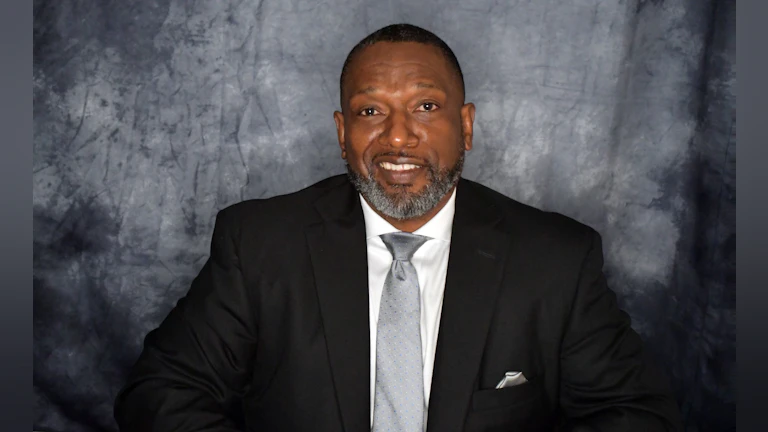
The Role of the Church in Improving Mental Wellness in the African American Community
Our faith leaders can play a pivotal role, if we are to move the needle on improving mental wellness in the African American community.
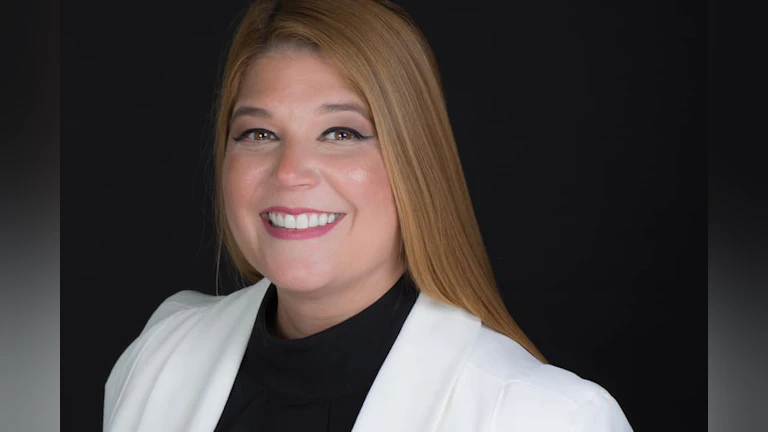
Siendo La Voz (“Boice” en Ingles Con Mi Acento Hispano) De Los Que No Se Escuchan
¿Alguna vez te has sentido discriminado? ¿Alguna vez alguien te ha dicho que no puedes hacer algo por ser quién eres? ¿Recuerdas qué fue y cómo te sentiste? ¿Recuerdas lo que hiciste? Me han discriminado por muchas razones, dos de las cuales son bastante obvias: soy hispana y soy mujer.
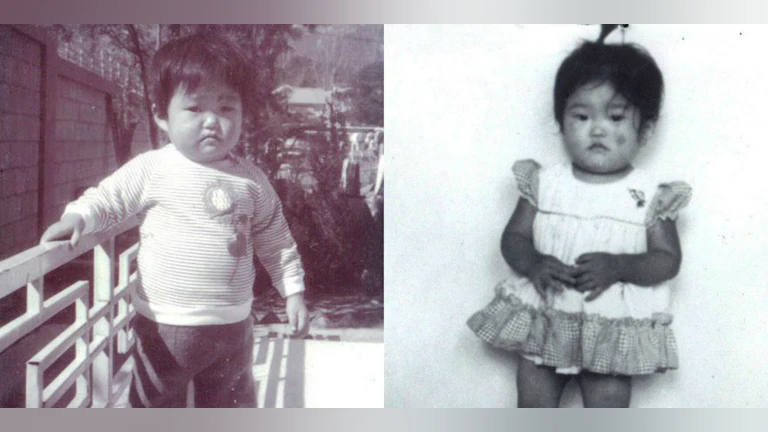
Adopting a New Attitude to My Mental Health
I started asking myself, “What if I stopped pretending that I don’t suffer from depression? What could that do for my life?"
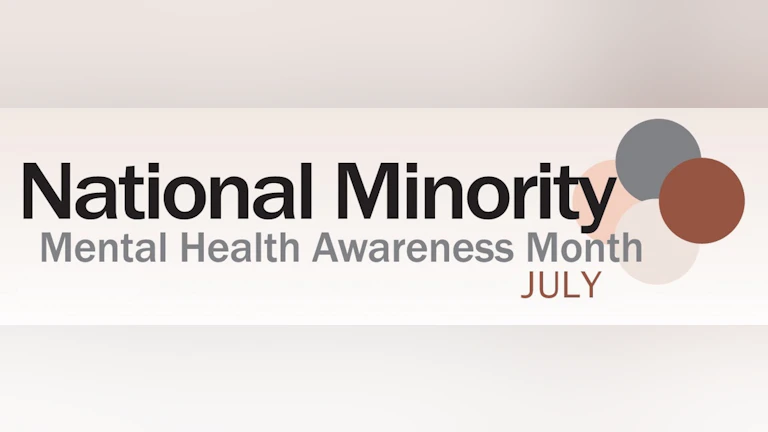
Minority Mental Health Month: #NoShame Day and The Siwe Project
Eight years later, I am a mental health advocate, a voice for my community, the executive director for The Siwe Project and the board chair for the NYC Chapter of the American Foundation for Suicide Prevention. My life is a public dialogue about Siwe's struggles with depression. I share. We heal. Talk saves lives.